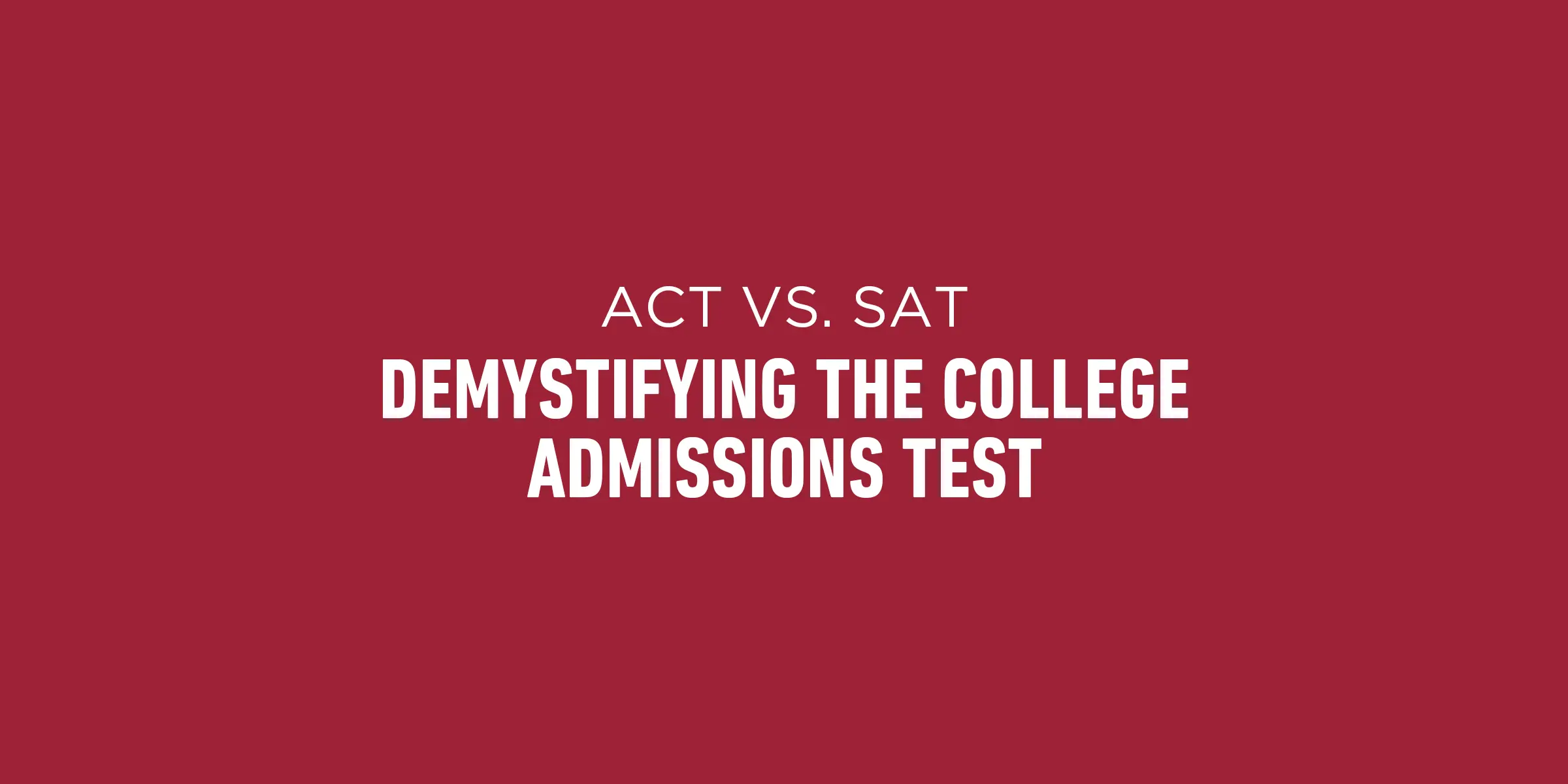The Junior Year Sprint: Why Your Final Semester is a Game Changer
February 2026
If you are a high school junior, you are currently standing at the most critical juncture of your academic career. While senior year often gets the glory, junior year is the true engine of your college application. By the time you hit "submit" on your applications this coming fall, your junior year results will be the final full-year data point admissions officers see. Here is why this semester is the time to go "all in" on your grades and your testing.
1. The Transcript: Your "Body of Work"
Think of your high school transcript like a story. Freshman and sophomore years are the introduction, but junior year is the climax. It is the year when you typically take your most challenging "college-like" courses (AP or Dual Enrollment).
- The Power of the Upward Trend: If your 9th or 10th-grade grades were shaky, a "banner" junior year proves to colleges that you have matured and can handle the rigor of a university curriculum. An upward arc is one of the most persuasive narratives in a holistic review.
- The Last Full Look: Most students apply Early Action or Early Decision in November of senior year. At that point, colleges have zero senior year grades to look at. They are basing their entire academic evaluation on your performance through June of junior year.
- Weighted GPA Peak: Because junior year often includes more advanced courses, it is your biggest opportunity to "weight" your GPA and move your class rank before the final rankings are set for applications.
2. Standardized Testing: The "Great Equalizer"
As we move into 2026, the "test-optional" wave is receding at many selective and flagship universities. Treating the SAT or ACT as an "afterthought" is now a high-risk strategy.
- The Merit Aid Engine: At mid-tier and large state schools, standardized test scores are often the "unlock" for automatic merit scholarships. A 100-point jump on your SAT could literally be worth $40,000 to $80,000 in tuition discounts over four years.
- Validation of Rigor: With grade inflation at an all-time high, a strong test score provides "proof" that your 4.0 GPA is legitimate. It levels the playing field between different high schools.
- Testing Timeline: Ideally, you want your "goal score" in hand by June. This allows you to spend your summer and fall focusing entirely on your college essays, rather than cramming for a last-minute October retake.
3. Strategy: How to Finish Strong
Finishing junior year strong isn't just about working harder; it’s about working smarter.
- Target the "Cusp" Grades: Look at your current averages. If you have an 88% or an 89%, that is your top priority. In the eyes of an admissions officer, a 90 (A-) is a world away from an 89 (B+). Focus your extra credit and study hours on the classes where you can move the needle a full letter grade.
- The "Finals" Factor: In many schools, final exams or projects account for 15-20% of the total semester grade. A strong performance on a final can often save a grade that slipped earlier in the spring.
- Building the "Recommendation" Bridge: Now is the time to engage your teachers. The teachers who see you working hard this semester are the ones you will ask for letters of recommendation in just a few months.
The Junior Year "Mission Critical" Checklist
|
Goal |
Deadline |
Why it Matters |
|
Final SAT/ACT |
June |
Frees up your entire fall for essay writing. |
|
"Cusp" Grade Push |
May/June |
Maximizes your cumulative GPA before applications. |
|
Teacher Outreach |
May |
Secures your spot for a strong recommendation letter. |
|
Activity Depth |
Continuous |
Shows leadership/impact before your resume is "locked." |













-385.png_385.png?version=638525887025100000)